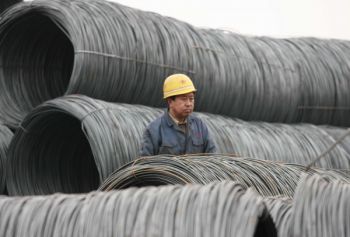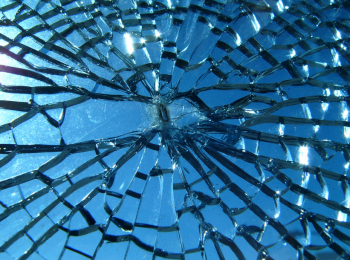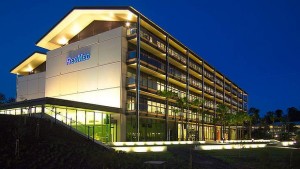Manufacturing
-

China Dumping Steel Is a Cause for concern
David Buckland
March 25, 2015
Following on from my previous blog where I passed on the concerns of the executives from Arcelor Mittal, it now appears the US, the world’s second-biggest steel consumer, is seeking political support for tariffs on imported steel. continue…
by David Buckland Posted in Energy / Resources, Insightful Insights, Manufacturing.
-

Carsales: How did the first half of 2015 fare?
Ben MacNevin
March 2, 2015
We recently discussed the prospects for Carsales.com Limited (ASX:CAR) and covered why we had a cautious view coming into the first half result. The company has since reported and we have some details to share following the group’s conference call and meeting with Management. continue…
by Ben MacNevin Posted in Insightful Insights, Manufacturing, Technology & Telecommunications.
-

Infomedia Update
Tim Kelley
March 2, 2015

Further to our recent post on Infomedia (ASX: IFM), the videos below provide a good insight into how Infomedia’s Superservice products can deliver productivity improvements to dealer group clients.
by Tim Kelley Posted in Insightful Insights, Manufacturing.
-

diamond in the rough
Scott Shuttleworth
February 26, 2015
We believe we have come across a ‘diamond in the rough’ of sorts and the stock in question is Altium Limited (ASX: ALU), a software design company currently located in San Diego, California. The company creates software that is used for the development of plastic circuit boards. continue…
by Scott Shuttleworth Posted in Insightful Insights, Manufacturing, Technology & Telecommunications.
-

Smashed. Look out Kogan, JB, Bing Lee and Harvey Norman
Roger Montgomery
February 24, 2015
Last week in Sydney’s Inner West and only meters from a homeless person’s humpy, a plasma TV sat on the footpath awaiting council collection. A large, flatscreen plasma TV. On the street. In the rain.
by Roger Montgomery Posted in Consumer discretionary, Insightful Insights, Manufacturing, Technology & Telecommunications.
-

Checking in on Infomedia
Tim Kelley
February 23, 2015

One stock we follow at Montgomery is Infomedia (ASX: IFM). There are a few things we like about Infomedia: continue…
by Tim Kelley Posted in Companies, Insightful Insights, Manufacturing.
-

What we do and don’t like about Tassal
Tim Kelley
February 16, 2015

Atlantic Salmon producer, Tassal Group (ASX: TGR) has caught our eye recently. Although the business does not have a great economic track record, it appears that performance has been steadily progressing, following a period of substantial capital investment and management focus, and the half year result just released shows a continuing improvement trend. continue…
by Tim Kelley Posted in Companies, Consumer discretionary, Manufacturing.
-

Aftermarket or afterthought?
Scott Shuttleworth
July 14, 2014
Last week I met with several companies in Melbourne, including Burson Group (ASX: BAP), Repco and Super Retail Group (ASX: SUL) to discuss their businesses and what they are presently doing to compete. continue…
by Scott Shuttleworth Posted in Companies, Insightful Insights, Manufacturing, Value.able.
- save this article
- POSTED IN Companies, Insightful Insights, Manufacturing, Value.able
-

Valuation, not speculation
Ben MacNevin
May 19, 2014
In the space of a fortnight, Treasury Wine Estate (ASX: TWE) has dismissed reports that it has been approached by two separate bidders for the company’s US assets. Speculation of this sort should never form the basis of your investment decision making. continue…
by Ben MacNevin Posted in Companies, Insightful Insights, Investing Education, Manufacturing.
-

ResMed in a Holding Pattern
Ben MacNevin
January 31, 2014
ResMed (ASX: RMD) has released its second quarter result for 2014, and once again it was a tale of two cities: the top line growth disappointed, while the bottom line growth impressed. So, amid these two opposing forces, which direction will the company likely take? continue…
by Ben MacNevin Posted in Health Care, Insightful Insights, Manufacturing.